Prepping doesn’t have to break the bank. In fact, some of the most effective preparedness strategies cost little to nothing. The key is to start small, focus on the essentials, and gradually build your resources over time. Whether you’re worried about natural disasters, economic instability, or just want to be more self-reliant, these budget-friendly tips will help you get started on your prepping journey. Remember, the most valuable prep is knowledge, and that often comes free or cheap.
Start a Vegetable Garden

Growing your own food is a cornerstone of self-reliance and can save you money on groceries. Start small with a few containers or a small patch of land. Focus on easy-to-grow, high-yield vegetables like tomatoes, beans, and leafy greens. Seeds are cheap, and many plants can be started from kitchen scraps. A 10×10 foot garden can produce about $700 worth of produce in a season.
Learn Basic First Aid
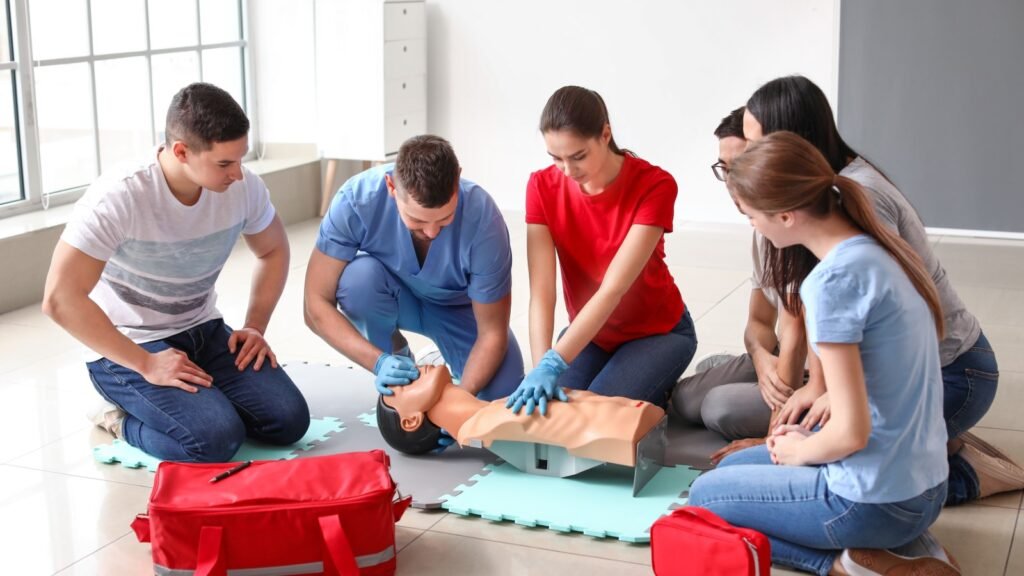
Knowing how to handle medical emergencies is crucial and costs nothing but time. Take advantage of free online resources or community classes to learn CPR, wound care, and how to treat common injuries. Many local fire departments offer free first aid courses. Practice your skills regularly to stay sharp.
Build a Water Storage System
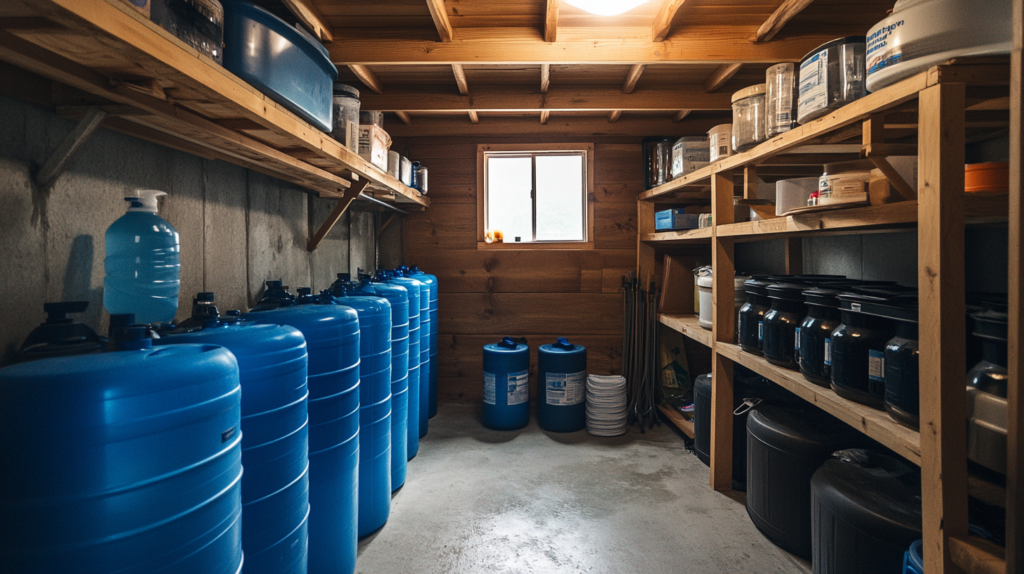
Clean water is essential for survival. Start collecting food-grade plastic containers from restaurants or bakeries – they often give these away for free. Clean them thoroughly and fill with tap water. Aim for at least one gallon per person per day for a two-week supply. Rotate your water every six months to keep it fresh.
Create a Pantry Stockpile

Gradually build up a supply of non-perishable foods. Watch for sales and use coupons to get the best deals. Focus on nutrient-dense foods with long shelf lives like rice, beans, canned vegetables, and peanut butter. Aim to build up to a three-month supply over time. Always buy what you eat and eat what you store to maintain freshness.
Make DIY Cleaning Products
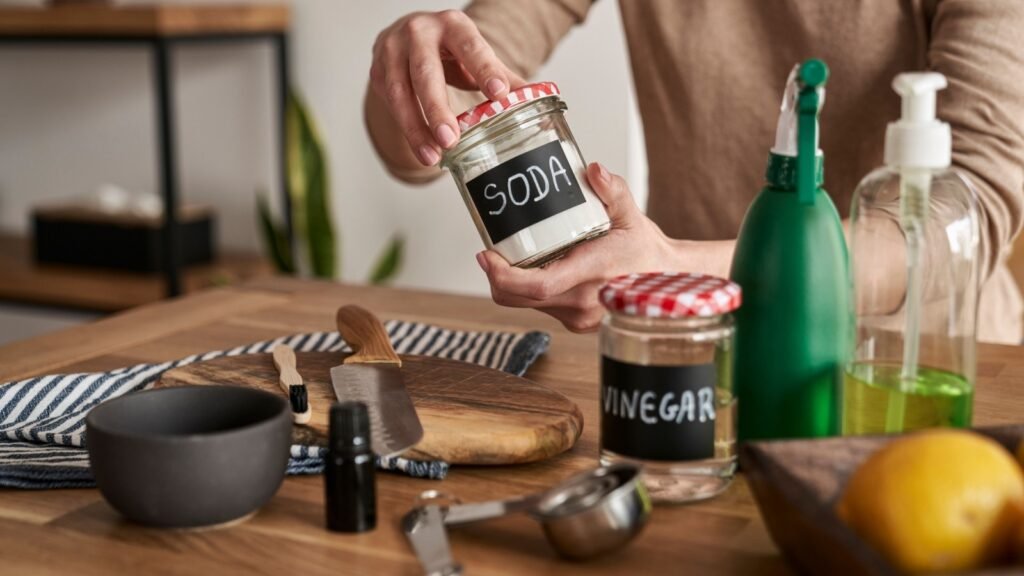
Save money and avoid chemical-laden commercial products by making your own cleaners. Vinegar, baking soda, and lemon juice can tackle most cleaning jobs for pennies on the dollar. A simple all-purpose cleaner can be made by mixing equal parts water and white vinegar in a spray bottle. Add a few drops of dish soap for extra cleaning power.
Learn to Preserve Food

Canning, dehydrating, and fermenting can extend the life of your garden produce or store-bought foods. Start with simple water bath canning for high-acid foods like tomatoes or jams. A basic canning set-up can cost less than $50 and will pay for itself quickly. Dehydrating can be done in a low-temperature oven or in the sun on hot days.
Build an Emergency Fund

Financial preparedness is often overlooked but crucial. Start by saving just $5 or $10 a week. Over a year, that can add up to $260-$520 – enough to cover many minor emergencies. Keep this money in cash at home, as ATMs may not work during power outages or other crises.
Create a Bug-Out Bag
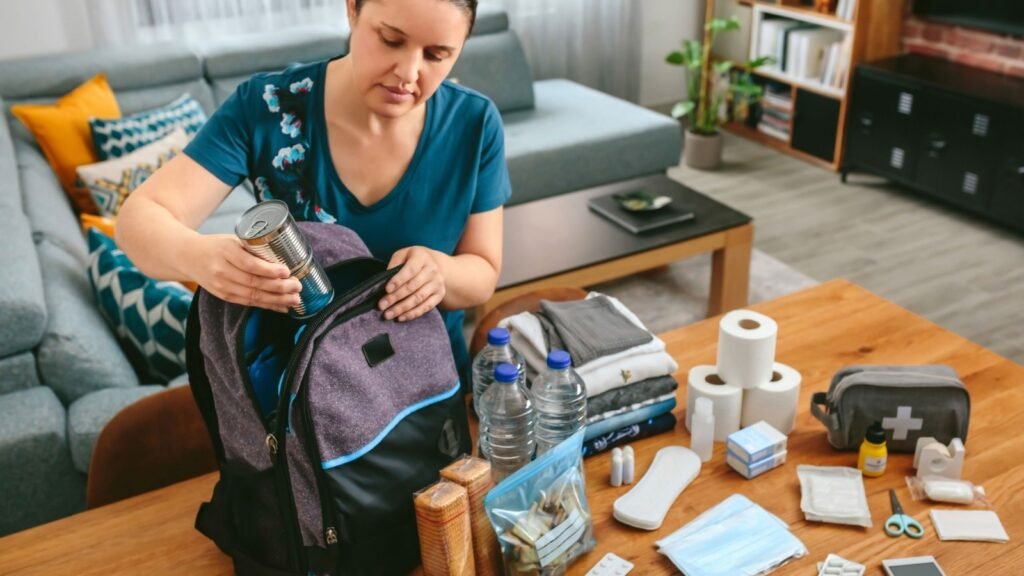
Assemble a bag with essentials for a 72-hour evacuation. Start with what you already have at home: a backpack, change of clothes, flashlight, and some non-perishable food. Gradually add items like a first aid kit, water purification tablets, and a multi-tool as your budget allows. Aim to have one bag per family member.
Learn Foraging Skills
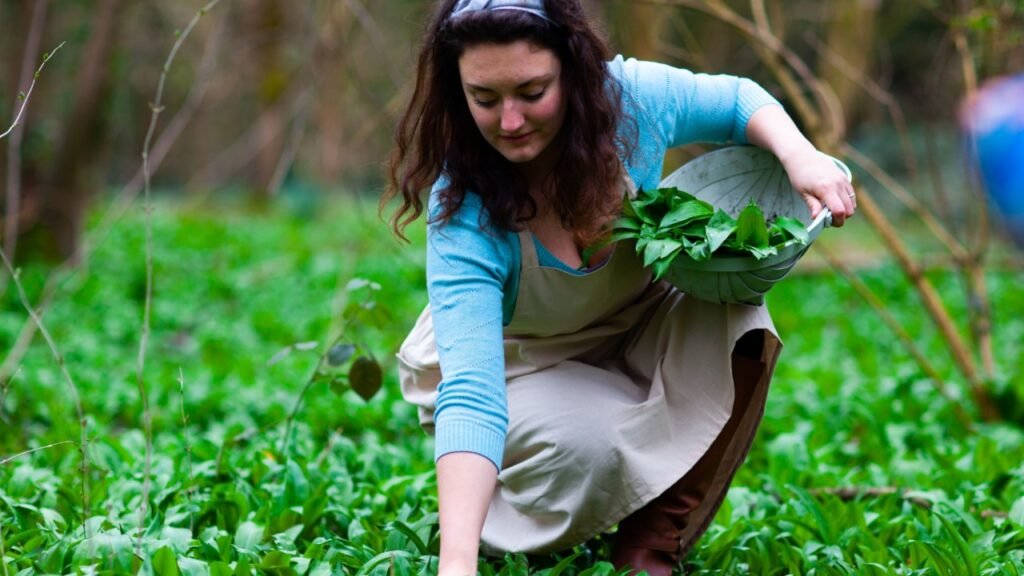
Knowing how to identify and use wild edible plants can supplement your food supply for free. Start with easy-to-identify plants in your area like dandelions or blackberries. Always use a reliable field guide and never eat anything you’re not 100% sure about. Practice identifying plants year-round to build your skills.
Improve Home Security
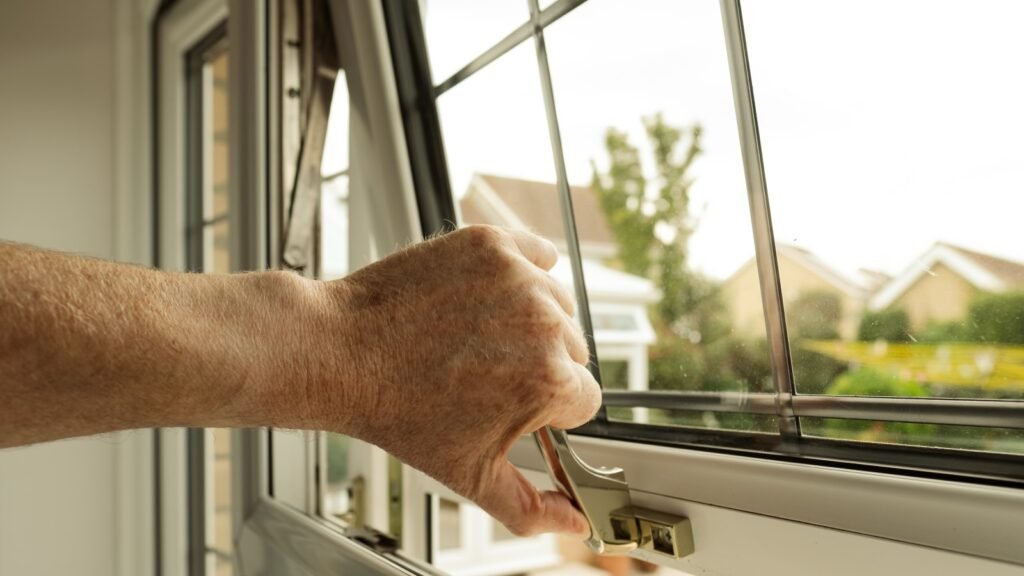
Basic home security doesn’t have to be expensive. Start by reinforcing door frames and installing longer screws in strike plates. Add simple window locks or dowel rods to sliding doors. These small upgrades can significantly deter break-ins. Trim bushes near windows to eliminate hiding spots for potential intruders.
Master Fire-Starting Skills

Being able to start a fire in any condition is a crucial survival skill. Practice various methods using household items: dryer lint, vaseline-coated cotton balls, or a magnifying glass. Learn to use a fire steel, which can produce sparks even when wet. Practice regularly in different weather conditions to hone your skills.
Develop a Communication Plan
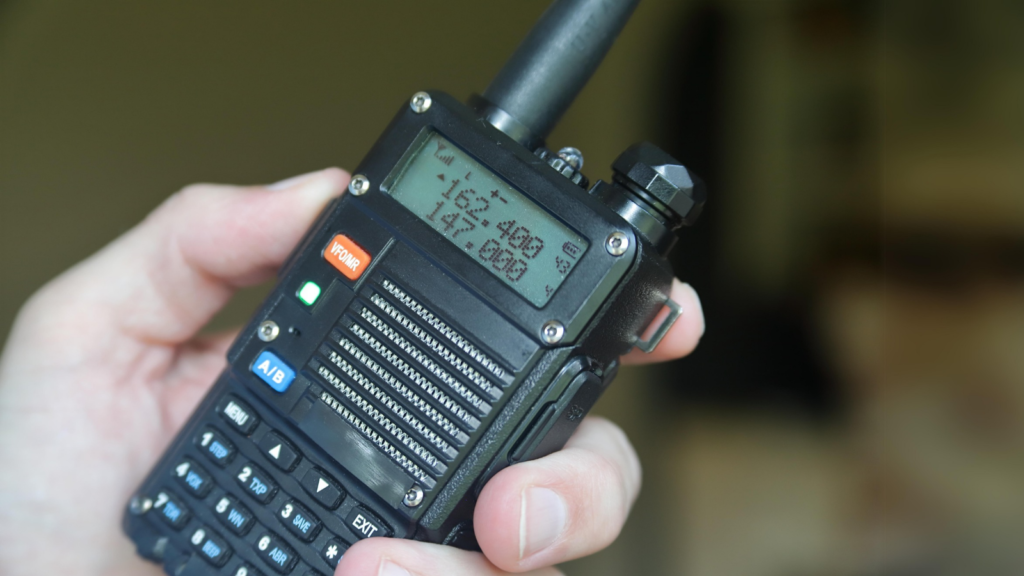
Create a plan for how your family will communicate and reunite during an emergency. This costs nothing but can save lives. Designate an out-of-area contact everyone can call to check in. Identify meeting places near home, in your neighborhood, and outside your area. Practice your plan regularly with family members.
Learn Basic Auto Maintenance
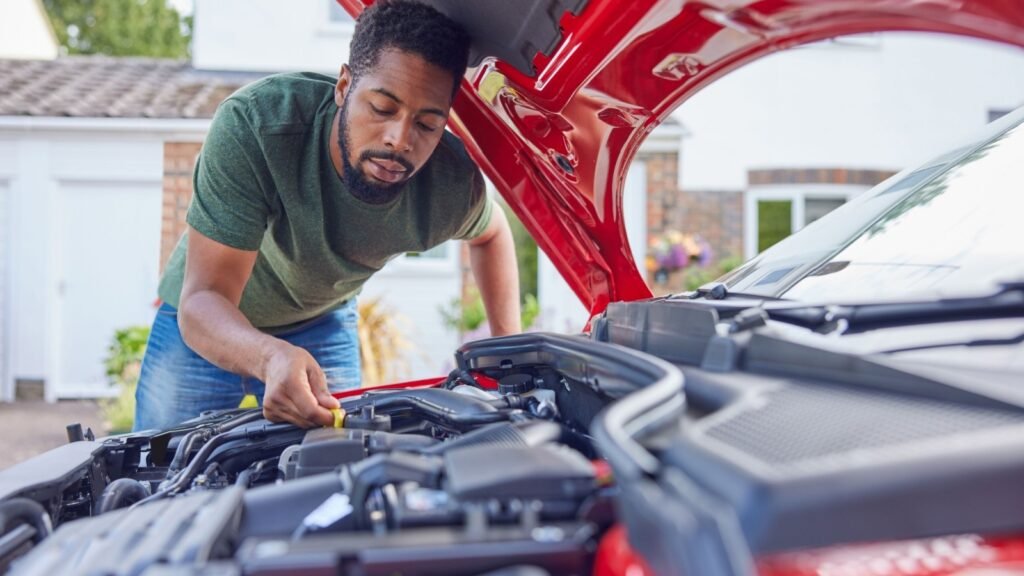
Knowing how to change a tire, jump-start a battery, or perform basic car repairs can save you money and keep you mobile during emergencies. Many auto parts stores offer free clinics on basic maintenance. YouTube videos can guide you through most simple repairs. Start with oil changes and work your way up to more complex tasks.
Create a Neighborhood Network
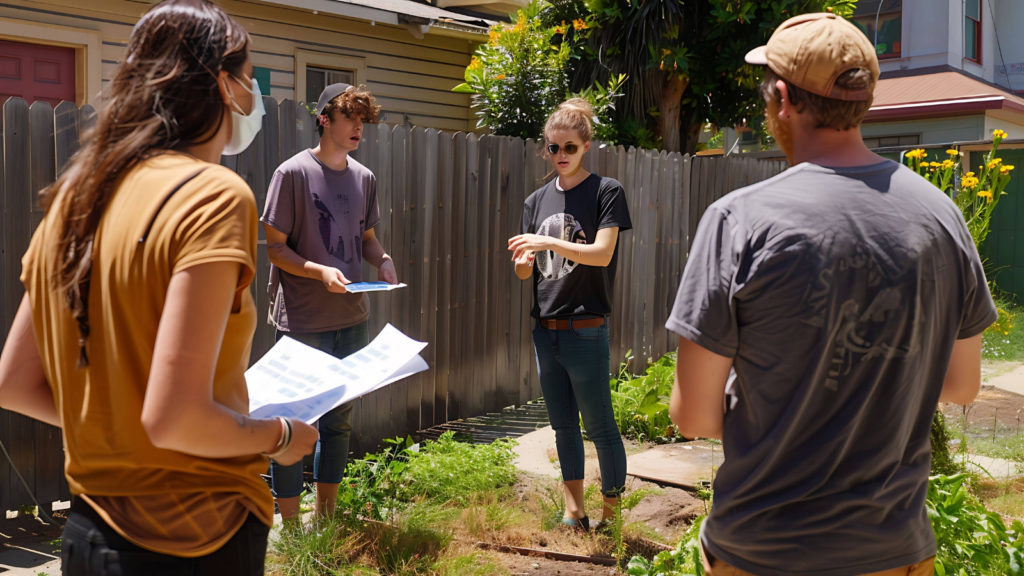
Building relationships with neighbors costs nothing but can be invaluable during emergencies. Organize a neighborhood watch or emergency preparedness group. Share skills and resources – one neighbor might be great at first aid, while another has carpentry skills. A strong community can weather many crises together.
Master the Art of Bartering

In tough times, the ability to trade goods and services can be more valuable than money. Start by identifying skills you have that others might need: gardening, sewing, mechanical work, etc. Practice bartering at flea markets or with friends to get comfortable with the process. Remember, in a crisis, practical skills often trump luxury items.

